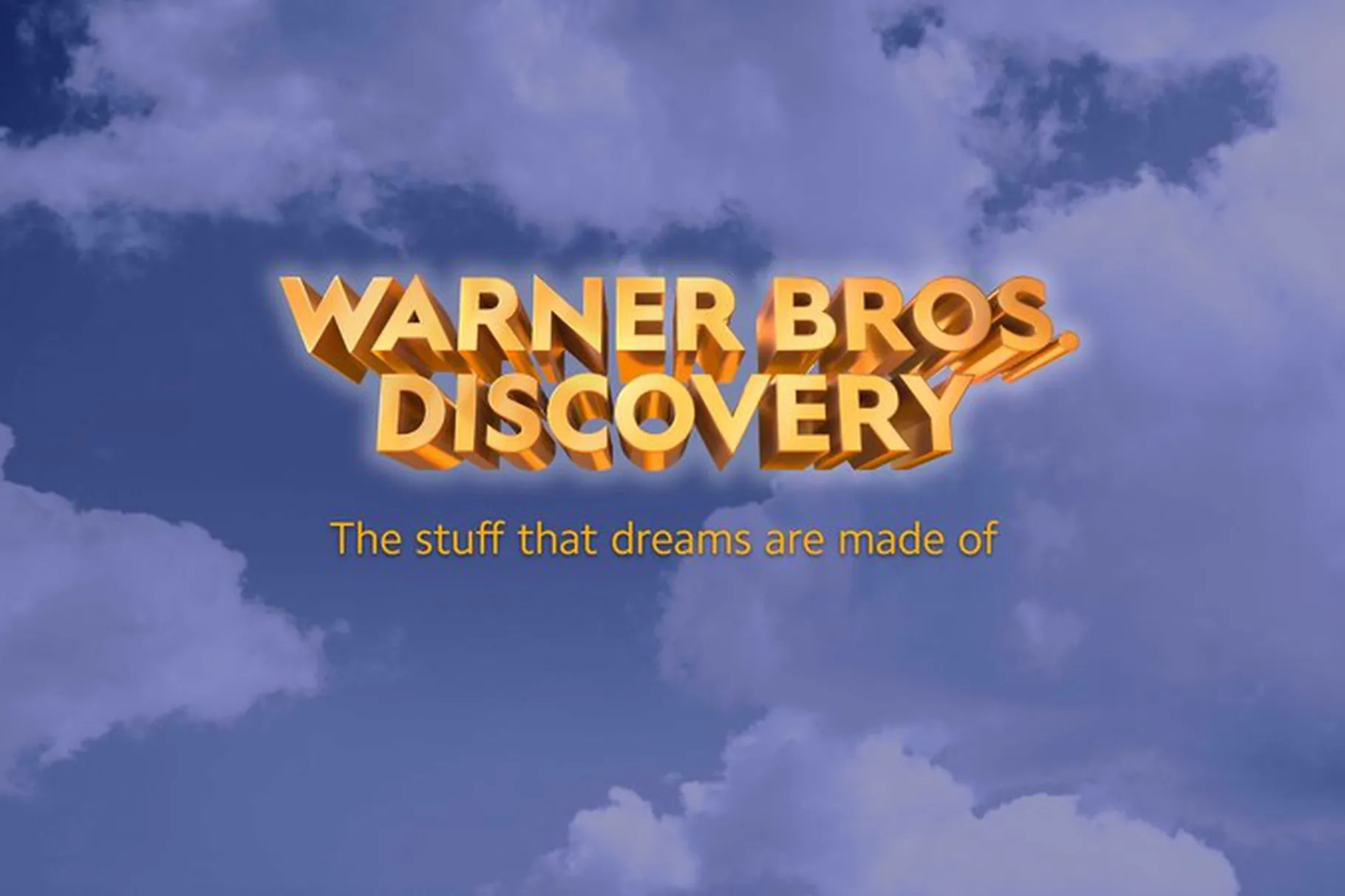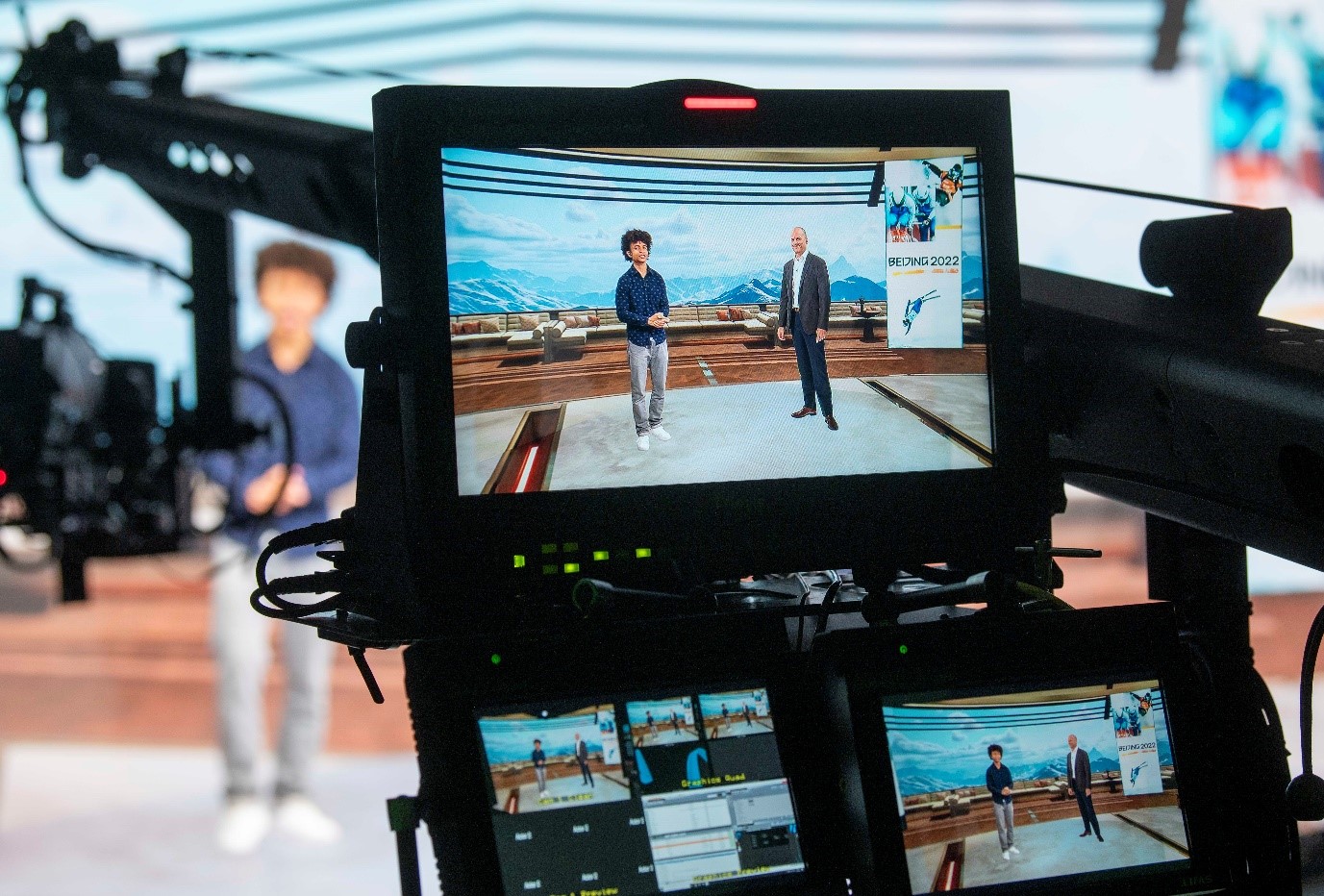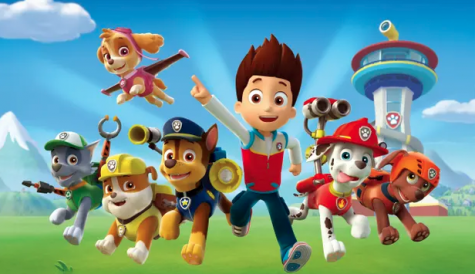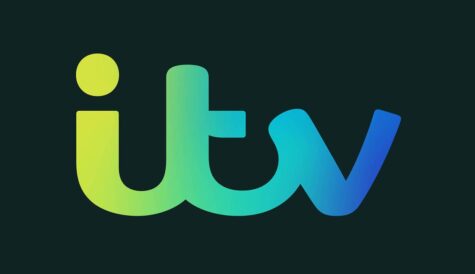HBO success is a good sign for Warner Bros. Discovery, but troubling for AT&T

After a somewhat rocky start involving technical and carriage issues, HBO Max has firmly established itself as one of the big dogs of US streaming.
At a time when Netflix is arguably hitting the first major speedbump in its history, the relative newcomer from AT&T-owned (for now) WarnerMedia is thriving.
The company this week reported that the HBO brand – which encompasses both the HBO linear channel and aforementioned streaming service – added 13.1 million subscribers in 2021 to reach a base of 73.8 million globally. It is still some distance away from Netflix or the significantly cheaper Disney+, but the US$14.99 per month streamer has clearly exhibited its value to customers.
The price point itself was initially a sticking point, with a great deal of initial scepticism surrounding whether consumers would pay such a top-dollar price for the service. Fast forward almost two years and the price tag seems to be less of a factor, with Netflix increasing its US prices to match HBO Max earlier this month.
Given recent successes, the future looks bright for HBO as it continues to expand globally in the coming years. In addition, AT&T CEO John Stankey confirmed this week that the merger of WarnerMedia and Discovery into Warner Bros. Discovery is set to close in Q2 2022, with HBO Max to be central to the new business.
But despite the positivity around HBO Max and positive overall results, the future of AT&T appears to be more uncertain in a post-WarnerMedia world.
Can AT&T succeed without Succession?
On paper, AT&T had a good Q4 to round out a solid 2021.
Alongside the HBO results, the US telco added 884,000 phone subscribers and 271,000 fibre customers in the quarter. It ended the quarter with revenues at US$41 billion, beating analyst estimates of US$40.44 billion.
In spite of this however, shares of AT&T fell by an initial 3% as the market considered whether AT&T will still remain as strong after the merger is finalised.
As you’d expect, AT&T CEO John Stankey is confident, telling investors: “Going forward, we aim to be America’s best broadband provider powered by 5G and fibre and defined by greater ubiquity, reliability, capacity and speed.
“We’re confident we can achieve that because in wireless, our focus will be continuing our subscriber momentum while increasing the pace of our 5G deployment. We’re confident in our ability to compete with 5G and our disciplined approach to selectively targeting and taking share in underpenetrated segments of the consumer and business marketplace.”
Later on in an interview with CNBC, Stankey presented slightly more trepidation, telling market analyst David Faber: “It is a very, very large split. It’s unparalleled in terms of anything that’s ever been done in history. And you know, that certainly gives me some pause.”
Regardless of how the markets react, moving away from video has been the focus for AT&T for some time in order to reposition itself as a fibre leader in the US. It sold off its video unit – which included DIRECTV, AT&T TV, and U-Verse video services – to TPG capital in mid-2021, so it seemed an inevitability that the company would eventually look to move on from the infamous US$85.4 billion acquisition of Time Warner in 2018.
It stands to reason that AT&T, which was already a successful company before the purchase, will be able to survive without its highest-profile asset. It will retain a lucrative stake in Warner Bros. Discovery, but the company will be led by Discovery CEO David Zaslav but will have minimal operational input.
We will get a clearer view of the future of AT&T when it lays out what’s next for the company at an investor day in March.
Warner Bros. Discovery to keep fact separated from fiction
WarnerMedia has been through a number of brand identities over the past 30 years, but the coming shift to Warner Bros. Discovery looks like it is set to last for the long-run, built on a core strategy that focuses on streaming.
As mentioned above, HBO is already proving its worth in this field and has successfully translated its business from being a linear channel with a bolted-on VOD service to one which is streaming-first.
Discovery has similarly made this jump in recent years, shuttering dplay and focusing its efforts on discovery+, particularly on its sports output in Europe. The streamer’s coverage of the Tokyo 2020 was received with a significant uptick in subscriber numbers, and the company will hope to emulate this success when it broadcasts 1,2000 hours of live sport from next month’s Winter Olympics in Beijing.
AT&T CEO Stankey has stated his confidence in the long-term viability of the entertainment company, saying: “When the deal closes, the investments made in both content and HBO Max growth, coupled with strong execution by the team, will ensure Warner Bros. Discovery is positioned as a leading global media company with the depth of content and the capabilities required to lead in the next era of media.”
More clarity on the new-look company will be revealed when Discovery reveals its end-of-year results, but one thing for certain is that there are no plans to merge the brands beyond their namesakes, nor is there any real need.

Discovery will broadcast 1,200 hours from next month’s Winter Olympics, with every minute to be streamed on discovery+
I am yet to see an argument that a combined HBO Max/discovery+ player would be more than the sum of its parts. In a constantly evolving market with an ever-increasing number of streaming options, HBO Max and discovery+ have done a good job to create solid brand identities for their products and they largely target separate audiences.
This much is evident from how little pushback the merger received from regulators, despite initial analyst concerns that increasing hostility towards mega-mergers such as this may threaten the deal. Simply put, despite operating in the same industry there is little crossover between the two so the risk of monopolisation is low.
Instead, the new company will increase competition with the giants of the industry including Netflix and Disney.
If the recent successes of both WarnerMedia and Discovery in isolation synergise upon the completed merger, there is little doubt that the new company will deliver on Stankey’s assertion that it will be a leader in the next era of media.




